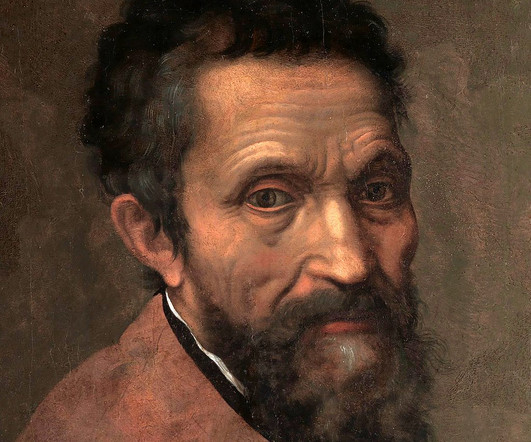Michelangelo’s David and cultural heritage images. The Italian pseudo-intellectual property and the end of public domain
Kluwer Copyright Blog
JUNE 14, 2023
For example, according to the Guidelines, a university press has to pay the Public Sector (Ministry of Culture or public museum) for the reproduction, in a book, of images of public cultural property. In particular, under EU law the Italian public cultural property seems to be inconsistent with art.












Let's personalize your content